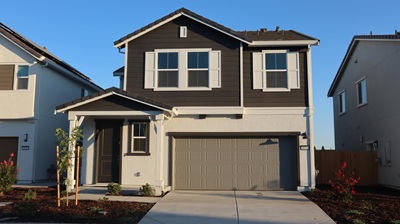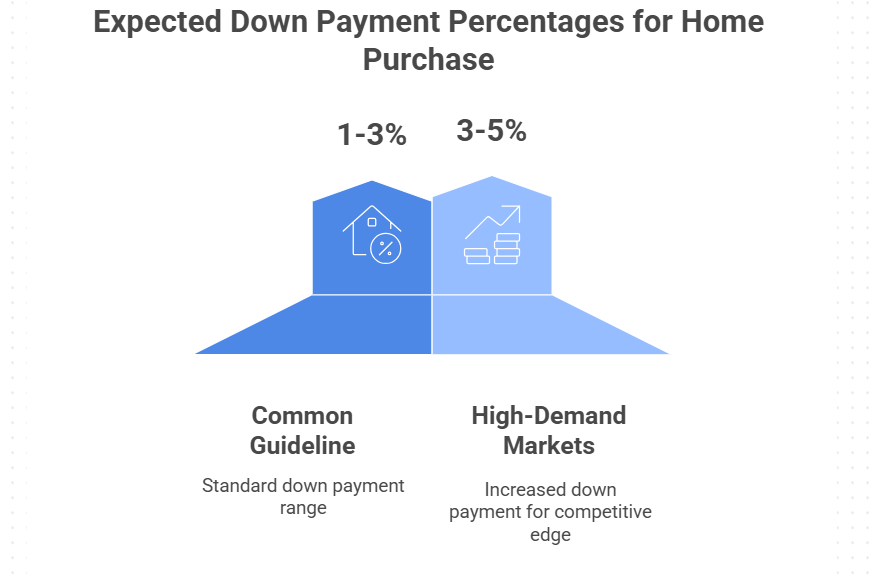21-Jul-2025

If you’re serious about purchasing a house, earnest money should be your first real financial move. Consider it as your “good faith deposit” – a strong signal to the homeowner that you’re not only casually browsing; rather, you are all set to make a deal! So, how much do you really need to put down? Ahead is a guide that will take you through the typical amount, things that can affect it, and certain situations where you could actually get your money back.
Also, buckle up to learn how to weigh the advantages and drawbacks when making your offer more rewarding. Let’s help you pave a confident path to homeownership –
Earnest money refers to a deposit a buyer makes when putting forward a proposal to purchase a home. It demonstrates commitments and signals to the purchaser, “Yes, I can now genuinely move ahead with this purchase.” This sum is held in a reliable escrow account and credited toward your final expenses or down payment if the transaction is completed.
Unlike the down payment, that is a larger amount paid at closing, the earnest money indicates an early sign of intent. If everything goes seamlessly, the deposit remains safe and is transferred to your account later. However, if the deal breaks down outside of established terms and conditions, you may end up losing it.
So, how much can you expect to put down? A common guideline is around 1% to 3% of the overall selling price of a home. However, in today’s high-demand markets, that amount can go up to 3% to 5% or even higher to help your proposal gain attention.

For example –
On a $300,000 home, earnest money may fall between around $3,000 and $9,000.
Remember that local consumers and practices vary. In sought-after states such as California, contributions trend higher. In less active areas, including parts of the Midwest, homebuyers may seal the deal with a lower sum. A good real estate agent will assist you depending on the seller’s requirements and local market patterns.
Several factors impact the right earnest money sum for you –
In a seller’s market, increased deposits are typical. In the environment of a buyer, lower sums may still be considered acceptable.
Newly built homes often call for a higher initial deposit compared to resale properties.
If there are numerous competing bids, a bigger payment can make your proposal more noticeable.
A larger deposit signals to the homeowner that you’re financially ready that can foster more trust and confidence in your offer.
If your proposal includes numerous conditions, a smaller deposit might be a safer option for you.
First, let’s have a look at some of the biggest pros of earnest money deposits –
Keep in mind that selecting the right deposit needs a careful glance into the market and your finances –
Yes, of course! But only if you fulfil the contract’s terms and conditions. Some of the common refund conditions include the following –
However, you may end up losing your deposit in case –
Also read: Key differences between earnest money and down payment
You don’t have to overpay just because you have an impression to make! Rather, you should aim for a wise, meticulously thought-out deposit, which perfectly aligns with market norms and protects your interests. Don’t forget to consult a real estate professional to help you navigate the best path depending on your unique circumstances.
Looking to buy your dream home? Ensure you gain a thorough understanding of your upfront obligations. Check your payment eligibility here!